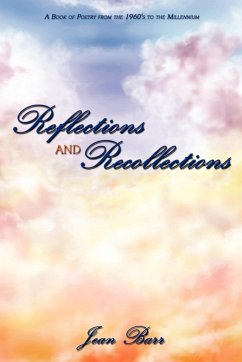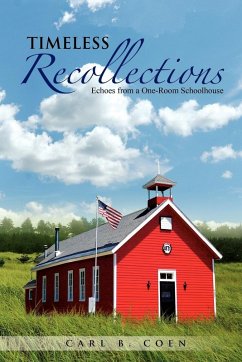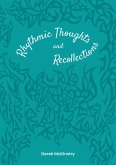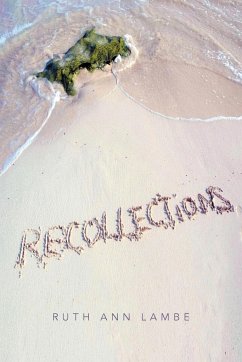Do you enjoy a chronicle of the transformation of a small Southern town girl into adulthood? Interested in spirituality,Christianity, and philosophy from a both a child's perspective and a median aged Southern woman? Then you definitely want to read this. The 1960's poetry are written from a young teen's viewpoint which is simple, yet profound. A little girl muses about the meaning of life and talks to her confidant doll in "Petula". "The Almond Tree and the Austrailian Pine" is from the "Still Searching" 1970's section. In this poem, two trees in are personified in a conversation with loneliness and hopefulness as its themes. "Losing Me, Finding God" from the 1980's contains "The Process". "Sift me through your sifter, Lord. Grind me in your mill, Mix me in your mixer, Lord Until I know your will." But "Complaints" in the author's opinion is the most well written of all the 80's poetry. Read about the heartbreak of divorce and subsequent renewal in "Empty Spaces, Empty Places" from the 1990's section. But the author believes her best work is in the millennium section. It's here where she writes about a middle aged housewife's frustration over perceived death of dreams in "Frostbitten Dreams". And "A Fine Line We Walk","Water Under the Bridge", and "A Coal Minin' Man and a Wayward Wife" focuses on frustration of poverty in the South and the development of an almost stoic philosophical acceptance of it.








